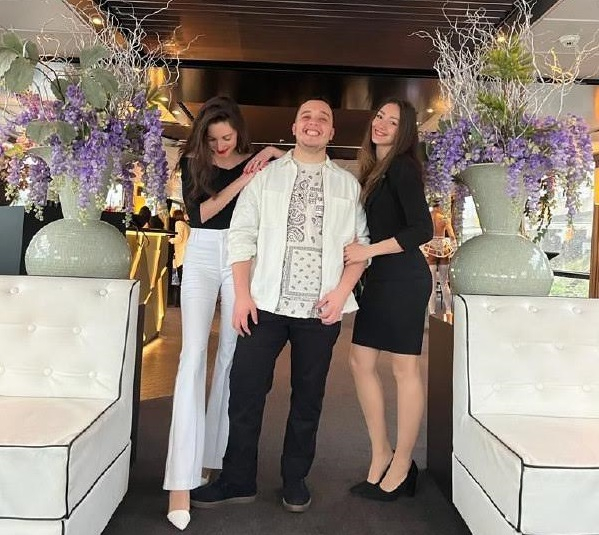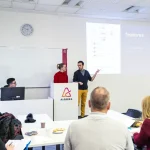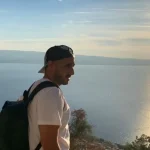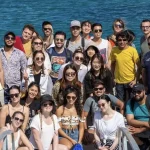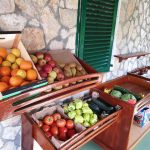Among the many foreign tongues heard around the Croatian capital these days is the growing number of students choosing to do their graduate programmes in Croatia. A safe, affordable EU country, with a rapidly expanding programme of high-quality graduate courses in English, with excellent employment opportunities upon graduation, are just some of the reasons for choosing Croatia. And the quality of that education was highlighted recently, as Algebra University College signed an academic partnership agreement with Goldsmiths, University of London (as reported previously on TCN), thereby allowing Algebra students to study under the approved programmes of one of the 500 best universities in the world according to the World University Ranking.
Despite the growing excellence of English-language graduate and post-graduate education in Croatia, the opportunities are not so well known, and so TCN – in partnership with Algebra University College – has compiled an authoritative guide to what you need to know about studying in this beautiful country. Check out the Total Croatia Study in Croatia guide.
Nothing paints the real picture of studying in a foreign country better than the real experiences of students living the day to day reality. In a new series on TCN, we meet some of the international students who have fallen in love with Croatia, many of whom plan to stay and work here if they can find employment. We look at the realities of life, why they chose Croatia, and what advice they have for others contemplating studying in Croatia.
Time to meet Nicholas Silva from Brazil who is doing a graduate course in Applied Computer Engineering, Game Development at Algebra University College.
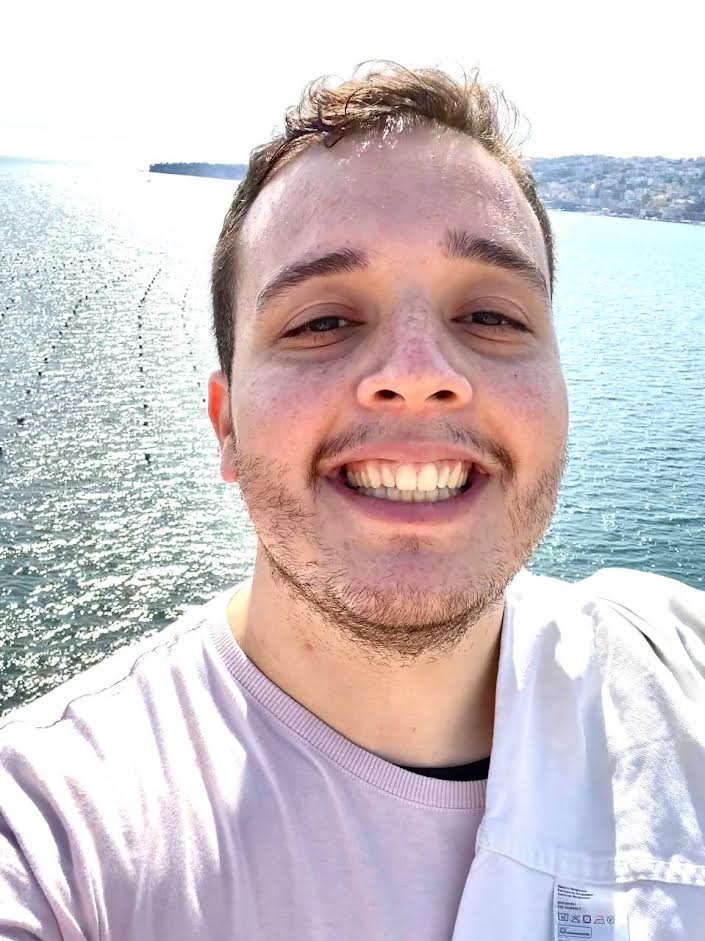
1. You chose to study in Croatia. Tell us what were the main factors in that decision.
To be honest, Croatia was never my first option, not because I didn’t think the country was good enough, but because when we think about exchange programs we always think about the big countries like USA, France, UK etc.
But I’ve always had an adventurous spirit and I really wanted to go to a place that not everyone knew, I was researching more about the countries in Europe and I came across Croatia in one of my searches, I had already heard about the country when it had the World Cup in Brazil in 2014 and the checkered shirts of the Croatian soccer team had caught my attention.
I started researching more about the country, the culture, the cities, the cost of living, and it ended up being very interesting to me. What was decisive for me were the safety of the country, the possibility to study and work, the chance to get to know the Adriatic coast and all the benefits of being in the European Union as well.
2. How is the experience so far? Give us some pros and cons.
My experience has been fantastic. I really like everything that happens here, the coziness of being a small country but at the same time seeking to internationalize itself.
The climate is very diverse and for me this is good, I have already had negative temperatures and now in spring we have had days of 30 degrees Celsius, not everyone likes it, but it is very good for me.
The possibility of being on the coast in less than 4 hours by car is very good, to be able to escape from routine on a weekend to take a dip in the sea and recharge the batteries.
The people are very receptive and curious about outsiders, I have made great friends here and feel at home already.
The cost of living, although it has increased a little recently, is still much better compared to other places in Europe.
The food is very good and there is so much gastronomic richness that every day you can eat something totally new if you want.
The negative points are that the bureaucracy is a little confusing when it comes to immigration documentation, there is a lot of disconnected information, but the Ministry of the Interior always answered my e-mails and the police responsible for my temporary residency process always clarified, but it causes a lot of insecurity for those who will apply for the first time.
The public transportation, despite reaching several points in the city (I talk about Zagreb here), could be improved.
The language for me is the main barrier, most people speak English, but obviously you are restricted to international environments if you do not make an effort to learn Croatian which is a very challenging language to learn. And also there are not many affordable language courses.
3. How was your perception of studying in Croatia different from the reality? Give us some things that have surprised you about the experience?
I am studying my Masters in Game Development at Algebra College University and have a very good experience studying.
But what struck me the most is that the teacher-student relationship is totally direct and close, the teachers are very easy to contact and are very accessible to help you with projects and questions.
The relationship with the other departments of the college is also very easy, it’s like you know everyone and everyone knows who you are there, it seems that everyone is aligned to the same goals.
This may be just my personal experience at Algebra University, but I really like that I can send an email or go to the international secretary’s office and know that I will be well taken care of.
The study relationship is very focused on the employability of their students, so their main metric is how many students are employed during and after their course, so it’s almost guaranteed that you’ll have a good job after graduating and the many possible student job opportunities in Croatia.
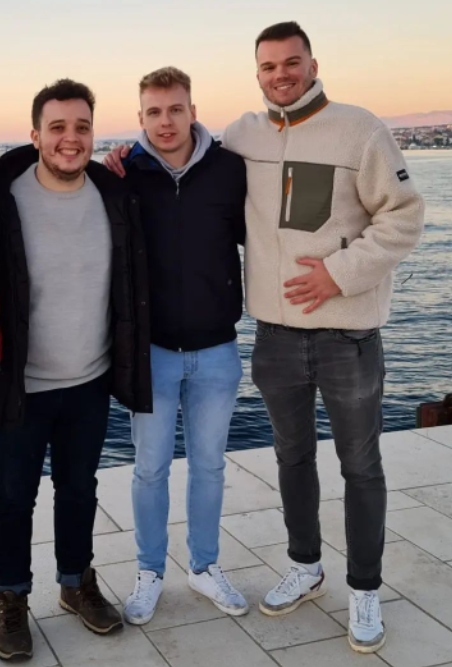
4. How easy was it to do the paperwork to enroll in the study programme? Any suggestions to improve things?
The application documentation for my master’s degree was no different from other countries, the process was totally online, with interviews with professors over the internet and everything according to the institutional website schedule.
Algebra was always very willing to help me during the documentation for the application (and any other questions I had, which was a lot…) for the temporary residence, to get the OIB, and everything else that was necessary for my arrival and I have no complaints, it was all smooth.
The documentation for application for temporary residence depends a lot on which country you are coming from, if you need a visa before coming to the country, in short, my process took less than 3 months to get my temporary resident card but I know that there are people who had to return to the country for not being able to deliver all the requested documents.
5. Tell us a little about the accommodation and the cost of living.
Regarding accommodation, I was lucky because I found a flatshare on a Croatian equivalent of Craiglist, so before even arriving in Croatia, I already had my contract for a 12-month rental of a room in a shared house with other Croatians 25 minutes walking distance from my university campus.
The only bad part was that when I was in Brazil, every time I contacted the apartment advertisers they either distrusted me because I was from far away or they did not speak English.
I know of other international students who had problems with scammers but my experience in general wasn’t bad.
6. Finding work is a key priority for students, both to help finance the study, but also upon graduation. How hard have you found it to find work, and what are the main obstacles?
I know that there are many jobs for students that are not filled because either there is no interest or because it requires knowledge of the Croatian language which is difficult among international students.
I got a very good job in 2 months in the business support area, I got it because I speak 4 languages fluently and that made it easier for me to find a job.
But it is a fact that if you don’t know the language or don’t have knowledge of demand it will be difficult to find something at first, but there are many international companies where the administrative language is English. But focus on your important skills for the job market and you will find something.
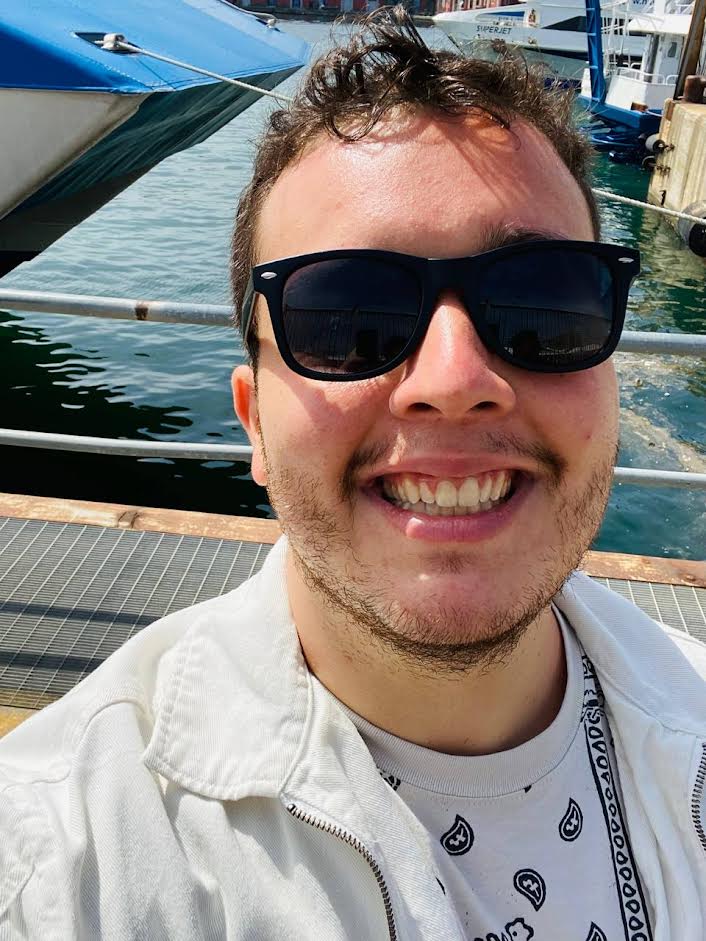
7. Tell us about the Croatian lifestyle and making friends. How has it been for you?
I can’t complain.
The Buddy Program from my university introduced me to the Erasmus students and also Croatian people willing to know more people, now I have really good Croatian friends.
And what beer and rakija bring together, stay together.
8. Do you plan to (try and) stay in Croatia when your studies finish? Why/not?
I do. I have a good life here and I believe if I can stay to pay back what I receive from this awesome country I would very much like to do it. But for now I will focus on my studies and work, after that, I will see what are my possibilities.
9. Three things you have enjoyed most about your experience studying in Croatia?
1 – People
2 – Trips
3 – Cultural exchanges
4 – Rakija
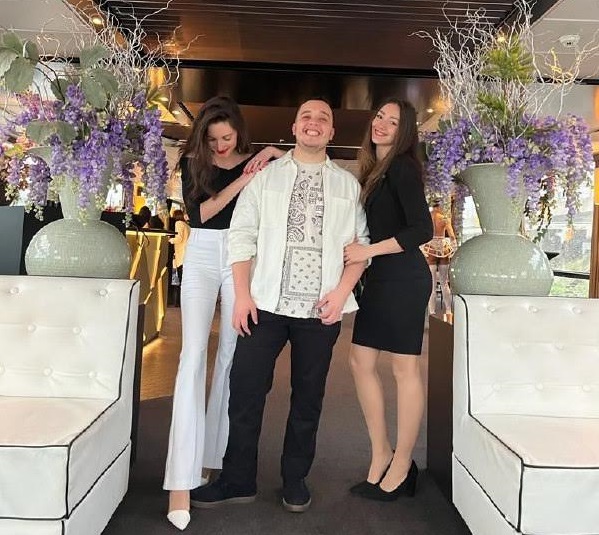
10. What advice do you have for people who are considering studying in Croatia?
Croatia is a great place to visit, to study, but studying abroad will always put your limits on the edge and will require dedication and patience to get what you want.
Are you an international student on a graduate or post-graduate course in Croatia, who would like to be featured in this series? Contact us on [email protected] Subject Study.
To learn more about the options for studying in Croatia, check out the Total Croatia Study in Croatia guide.
For more information on courses offered by Algebra University College, visit the official website.

